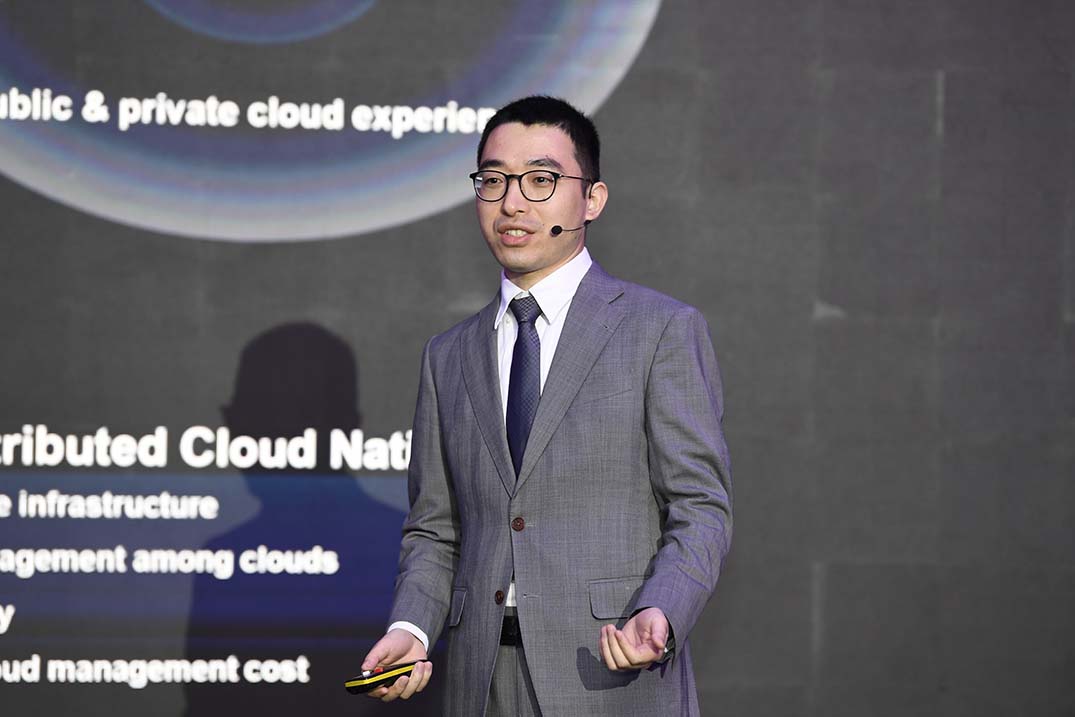During the Carrier Cloud Transformation Summit, which formed part of the 2023 AfricaCom conference, Sun Xunxun, Director of Huawei Carrier IT Marketing & Solution Sales, delivered a keynote speech unveiling scenario-specific IT solutions for carriers.
According to a report by Gartner, carriers worldwide are set to intensify their investment in IT infrastructure for cloud transformation at an average compound annual growth rate (CAGR) of 27% over the next five years. With more than 30 years of experience in the telecom industry and as a leading cloud provider, Huawei is well aware of how critical cloud-based technologies are to carriers’ digital transformation.
Internally, for applications and data, carriers can move their applications to the cloud and realise intelligent data analysis. Externally, for networks, carriers can open up new business-facing markets through cloud-network synergy.
Huawei’s solutions aim to make it as easy as possible for carriers to achieve those ambitions.
One way it does so is by ensuring that its distributed cloud capabilities are continuously enhanced. It has, for example, enhanced its cloud capability. As a result, the number of cloud services has increased from 220-plus to 240-plus. Core and main services are now also fully covered outside China.
Huawei has additionally enhanced its cloud layout: by continuously increasing the number of regions, availability zones (AZ), and content delivery network (CDN) nodes continuously.
The company additionally aims to be the best cloud service provider for carriers. On that front, it has 90+ local cloud services, with the industry’s strongest capability. It also practices local and remote collaborative O&M and leverages existing IT investment to make things simpler for carriers.
Huawei’s cloud stack, meanwhile, allows carriers to have an on-premises “Public Cloud”. That’s important, because together with advanced services such as its MCP/Cloud engine, it means that operators can achieve their performance requirements while also simplifying management of the entire system.
Finally, Huawei’s distributed cloud ensures agility, reliability, and efficiency. With a comprehensive understanding on carriers’ core applications, Huawei Cloud pre-integrates and optimises Huawei’s own telecom applications, and ensures that the core ones are the first to run on Huawei Cloud with the best performance, highest reliability, and lowest cost.

Mr Sun giving his keynote speech.
“Huawei Cloud Stack is the best digital foundation for carriers with Huawei telco applications such as BSS/OSS,” he said, “because it allows them to deploy on distributed clouds and existing IT devices. Internal IT & ToB services can also be used by one cloud.”
Huawei Cloud Stack provides the richest services in carriers’ DCs with 100+ cloud services being deployed on-premises, includes big data, DBaaS, Container, and DevOps,” he added. “As carriers evolve from communication technology to information and communication technology (ICT), Huawei is ready to partner with them to realise their cloud transformation and grow together.”
